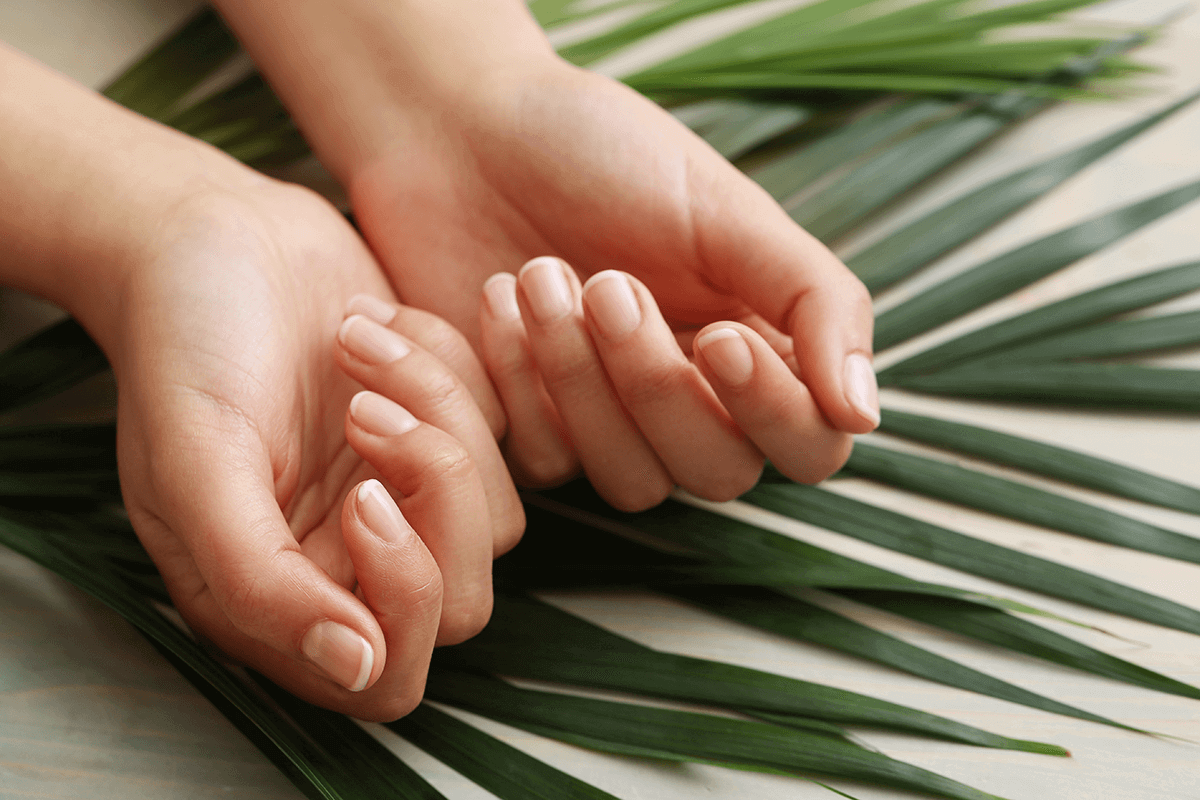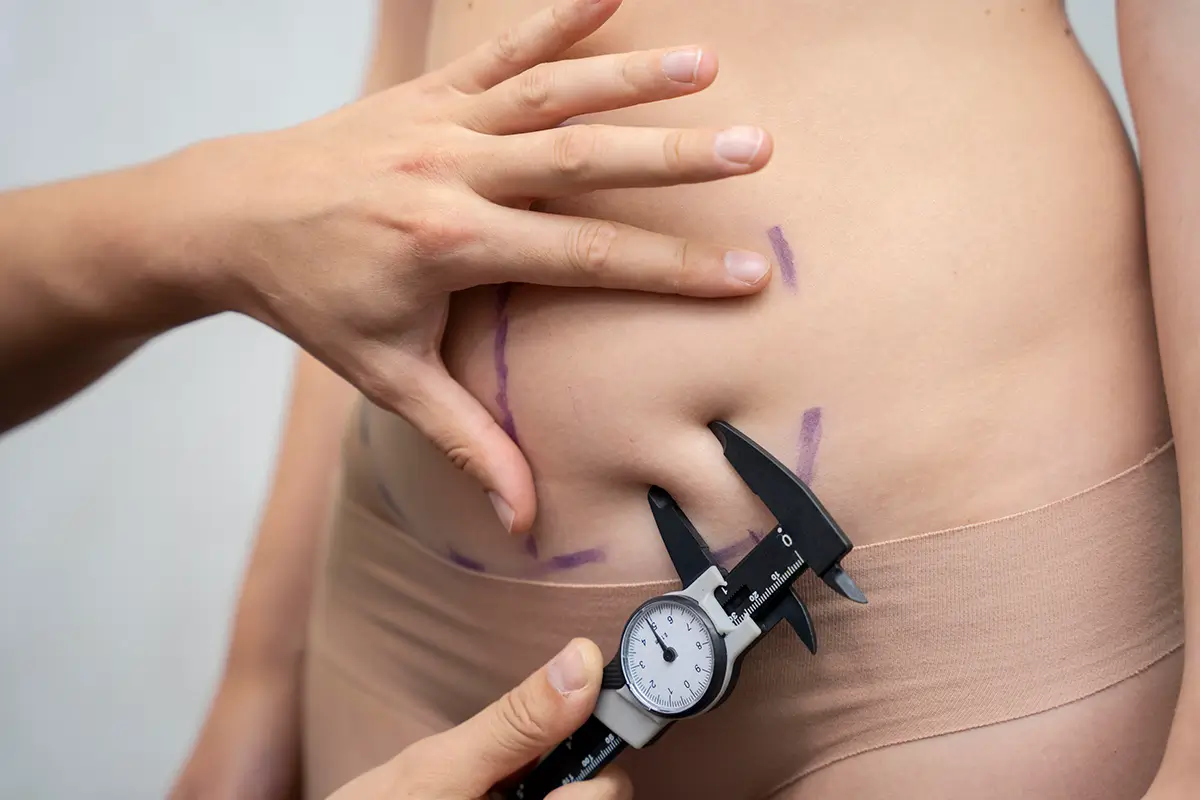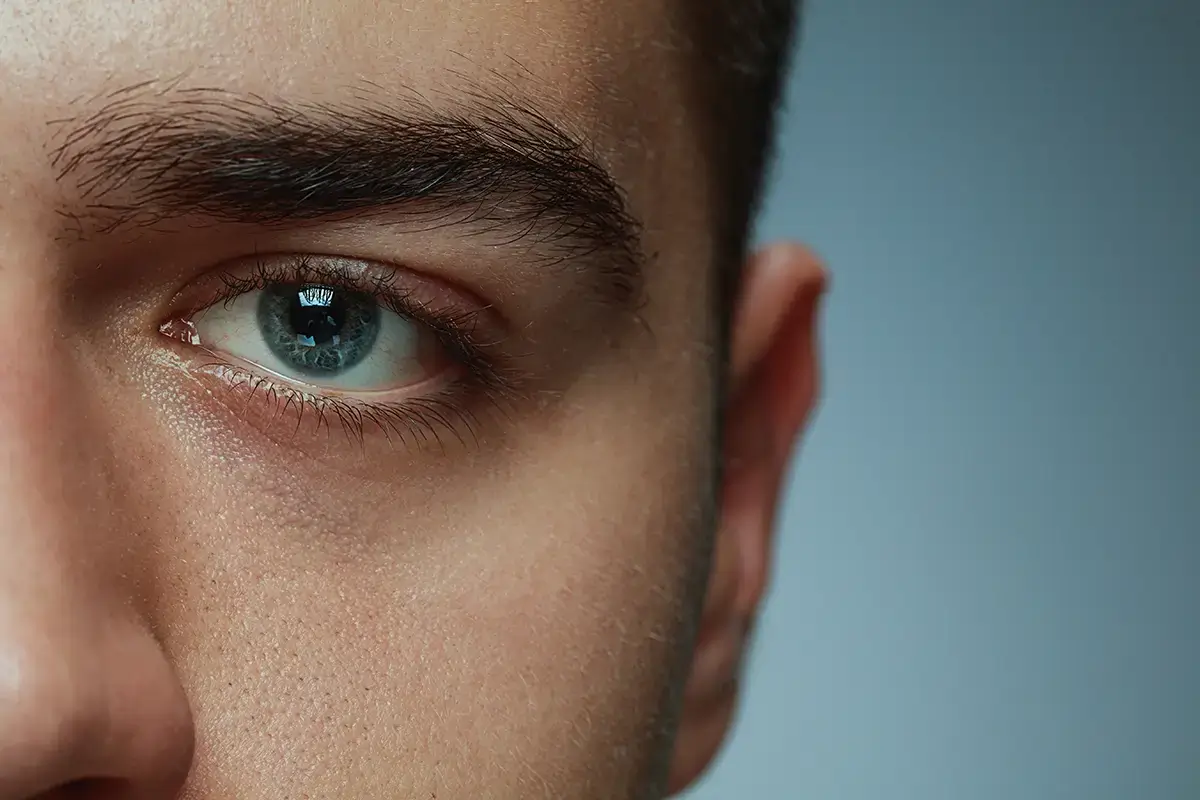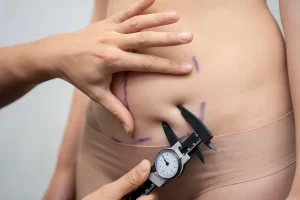Brittle Nails: How to Act and When to Seek Medical Help
Brittle nails are a common complaint that can affect both men and women at different stages of life. While often considered a cosmetic issue, nail health can indicate more serious underlying conditions. According to the World Health Organization (WHO), nail integrity not only reflects overall health but can also be influenced by environmental factors, lifestyle habits, and specific medical conditions. In this article, we will explore the causes of brittle nails, provide guidance on how to properly care for them, and discuss signs that indicate the need to seek specialized medical help.
Causes of Brittle Nails
Nails are primarily composed of keratin, a resilient protein, but are subject to damage due to various factors. Frequent exposure to water and chemicals such as detergents and solvents can dry out the nails, making them more susceptible to breakage. Additionally, frequent use of nail polish removers containing acetone and habits such as nail biting or pushing cuticles aggressively can damage their structure. Medical conditions such as psoriasis, hypothyroidism, and nutritional deficiencies can also contribute to weakening nails.
Impact on Quality of Life
For many people, brittle nails are not just a cosmetic concern but also affect their daily quality of life. Difficulty in performing simple tasks such as typing on a computer or opening packages can be frustrating and limiting. Furthermore, the appearance of nails can affect self-esteem and personal confidence, making preventive care and seeking treatment when necessary important.
Basic Care and Prevention
To strengthen nails and prevent them from becoming brittle, it is essential to adopt a routine of basic care. This includes keeping nails dry and clean, wearing gloves when handling water and chemicals, and avoiding excessive use of nail polish and harsh removers. Regularly moisturizing nails and cuticles with specific creams can also help maintain their health and flexibility.
When to Seek Medical Help
It is important to be aware of signs that indicate the need to consult a dermatologist or specialized doctor. If in addition to nail fragility there are other symptoms such as changes in nail color, thickening, pain, or inflammation around the nails, it is advisable to seek medical evaluation. Moreover, if brittle nails persist despite proper care or if there is a history of conditions such as psoriasis or thyroid disorders, medical assessment is crucial for accurate diagnosis and a suitable treatment plan.
Available Treatments
Treatment for brittle nails will depend on the underlying cause identified during medical consultation. In some cases, nutritional supplements may be recommended to correct specific deficiencies, such as biotin or iron. Topical treatments with nail strengtheners and moisturizing creams are also common to improve nail health and prevent future breakage. In more complex cases, such as autoimmune diseases or hormonal disorders, the doctor may prescribe specific treatments to address the underlying condition.
Lifestyle and Nutrition
A balanced diet rich in vitamins, minerals, and proteins is essential to maintain nail health. Foods such as eggs, fish, nuts, and leafy green vegetables can provide the necessary nutrients to strengthen nails from the inside out. Additionally, reducing stress through relaxation techniques such as yoga or meditation can help improve not only nail health but also overall well-being.
Conclusion
In summary, brittle nails can be a symptom of various conditions, from nutritional deficiencies to more serious health problems. Maintaining a proper care routine and being aware of warning signs can help prevent additional damage and promote nail recovery. However, if there are persistent concerns or additional symptoms, it is crucial to seek medical guidance for accurate diagnosis and a personalized treatment plan.
Sources consulted:
- World Health Organization (WHO)
- Ministry of Health
- Brazilian Society of Dermatology (SBD).














